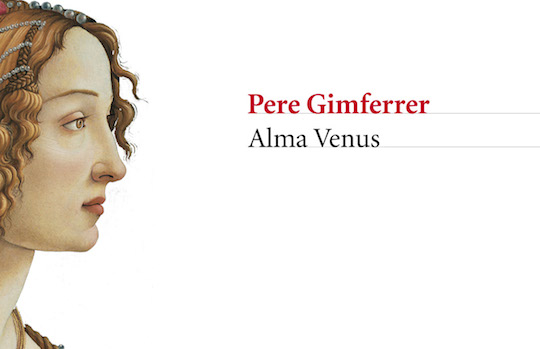The ongoing blog feature on Indian poetry, tied to our Special Feature in the Winter 2017 Issue of Asymptote, has reached its fourth installment. This time, we present a poem by Gujarati Dalit poet Priyanka Kalpit. She is one of the very few women writing Dalit poetry in Gujarat today. Her text below was translated by Gopika Jadeja.
Bitter crop
Our ancestors
sowed their sweat
In return
we reaped
bonded labour
Our suffering
turned into
bruises on our backs
At times, that searing pain
turns into a firefly
and burns
For a little while
the horizon of the soul
turns burning red.









